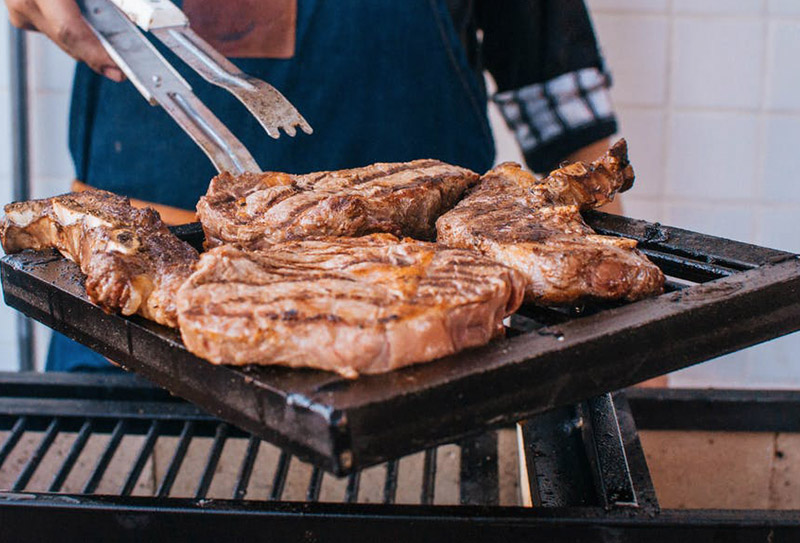
There are a number of things you can do to maintain a healthy prostate, and reduce the risk of prostate cancer, prostate enlargement or prostatis.
The prostate gland is a part of the male reproductive system. Its main role is to produce the fluid that carries and protects sperm. It is located in the lower abdomen in men only and surrounds the upper part of the urethra, the thin tube that carries urine from the bladder to the penis. It also carries semen from the prostate and sperm from the testicles to penis during ejaculation.
As men get older the prostate can enlarge, which can restrict the flow of urine to the urethra. This is known as benign prostatic enlargement and will lead to poor flow or the inability to completely void the bladder of urine. It may also increase the frequency and urgency of urination – this can be particularly uncomfortable at night where multiple trips to the bathroom may be needed.
The chance of developing prostate cancer also increases with age. Roughly 1 in 7 men develop prostate cancer by the age of 75. This jumps to 1 in 5 in men aged 85 and older.
Prostatitis is another common prostate-related condition where the gland becomes inflamed due to a serious bacterial infection.
No matter how old you are, prostate health should always be a concern. While these condition usually affect older men, you can start taking measures to help prevent them at a much younger age.
Here are some very helpful tips to help you keep your prostate healthy.
Eat Plenty of Fruits and Vegetables
Ensuring your diet is well balanced is one of the biggest factors for optimal prostate health. Maximise fruit and vegetable consumption – they are an excellent source of antioxidants, vitamins, minerals, and fibre, all of which have fantastic anti-inflammatory and anticancer properties.
Research Your Family History
If the men in your family have a history of prostate cancer, you are far more likely to develop it. Investigate your family history and be sure to relay as much information as you can to your doctor. Early detection is very important!
Educate Yourself Get Tested
Depending on your risk group, getting tested for prostate cancer regularly is very important. If you are over 40, you can have a single PSA blood test done to look at your future risk of prostate cancer. If you have a family history you should have annual testing from age 40. Without a family history you can have an annual blood test and prostate exam from age 50.
Limit Consumption of Red Meat
Limit the amount of red meat in your diet – beef, pork, lamb, and processed meats. Studies suggest these are linked with prostate cancer. Replace them with other sources of protein, such as fish, poultry, vegetables, legumes and eggs.

Don’t Smoke
Smoking is a major risk factor for prostate cancer and should be avoided completely.
Eat Foods Rich in Zinc, Essential Fatty Acids and Selenium
Increase consumption of rich in zinc, essential fatty acids, selenium, all of which crucial for male reproductive health. Seafood, seeds and vegetables are excellent sources of these nutrients – do some research and start integrating them into your diet.
Avoid Frozen, Takeaway and Processed Food
These foods often contain high levels of sodium, trans fats and saturated fats – all of which should be limited as much as possible as part of a healthy diet.
Stay Fit and Active
In conjunction with a healthy diet, it is important to stay fit and active to promote good health. Regular exercise has a plethora of benefits for your body, such as helping reduce the risk of a variety of cancers – including prostate cancer.
If you have any further questions about prostate health and would like to book an appointment, please feel free to call. Dr Arianayagam is an expert in prostate cancer screening and treatment.

